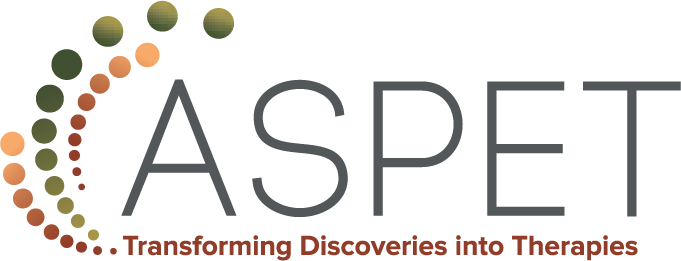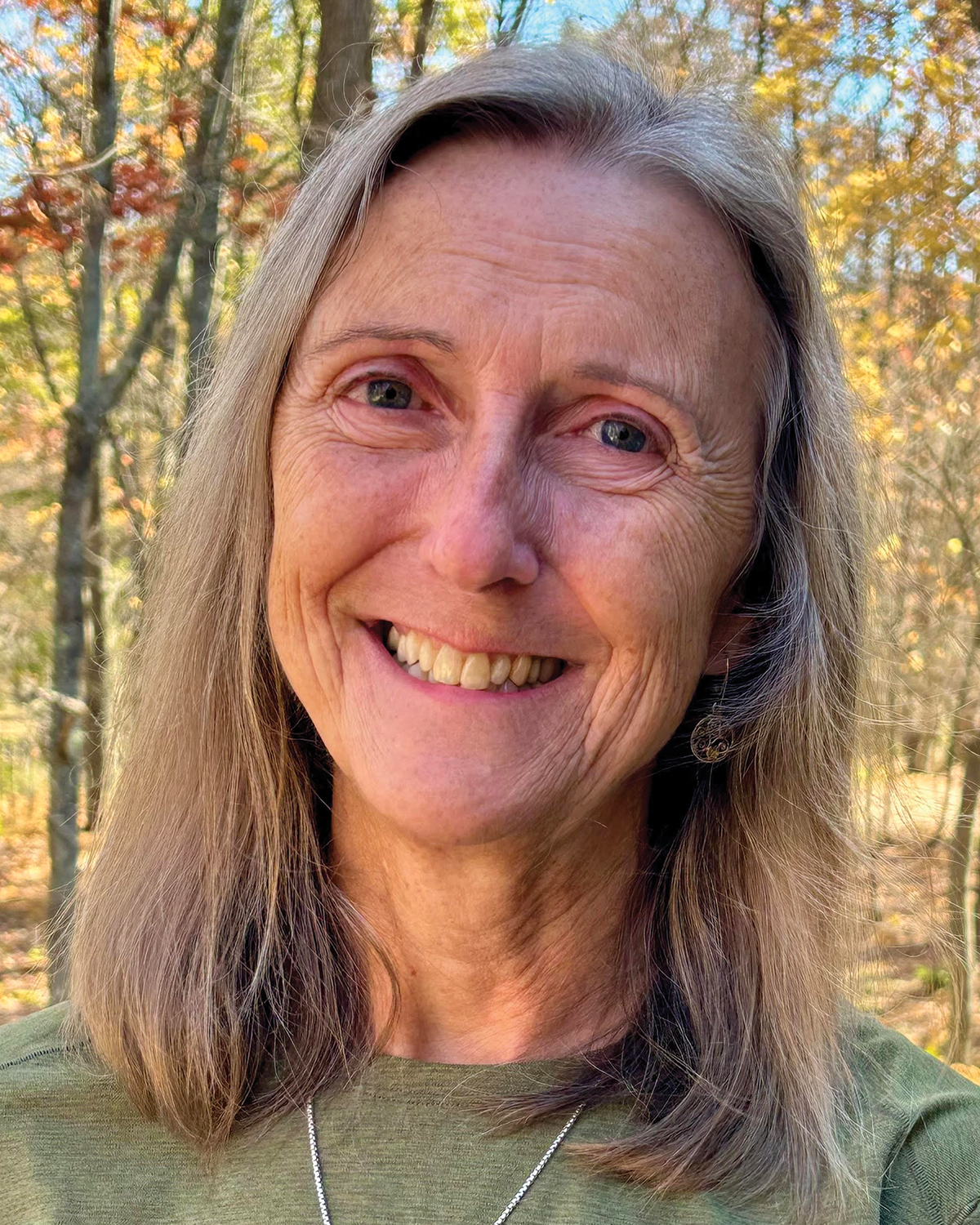A Conversation with ASPET’s Council Member Kenneth Tew, PhD
 As ASPET’s Publication Committee Chair, Kenneth Tew, PhD, is an ex-officio member of the ASPET Council. Dr. Tew also served as editor in chief for the Journal of Pharmacology and Experimental Therapeutics and associate editor for Molecular Pharmacology, as well as held several other roles with editorial boards of many other journals. He earned a B.Sc. in microbiology/genetics from the University of Wales, Swansea, UK; a PhD in biochemical pharmacology; and a DSc. from the University of London. Dr. Tew’s research and teaching positions include Georgetown University School of Medicine, Lombardi Cancer Center, Fox Chase Cancer Center and the University of Pennsylvania.
As ASPET’s Publication Committee Chair, Kenneth Tew, PhD, is an ex-officio member of the ASPET Council. Dr. Tew also served as editor in chief for the Journal of Pharmacology and Experimental Therapeutics and associate editor for Molecular Pharmacology, as well as held several other roles with editorial boards of many other journals. He earned a B.Sc. in microbiology/genetics from the University of Wales, Swansea, UK; a PhD in biochemical pharmacology; and a DSc. from the University of London. Dr. Tew’s research and teaching positions include Georgetown University School of Medicine, Lombardi Cancer Center, Fox Chase Cancer Center and the University of Pennsylvania.
Dr. Tew also currently serves as Professor and Chair of the Department of Molecular and Cellular Pharmacology and Experimental Therapeutics at the Medical University of South Carolina, Charleston, South Carolina. He is the John C. West Chair in Cancer Research and Director of the Developmental Cancer Therapeutics Program at the Hollings Cancer Center.
Dr. Tew has been an ASPET member since 1983 and served the Society in many capacities, particularly in leadership roles with ASPET journals and in the Division for Drug Discovery and Development.
How did you get started in pharmacology?
My earliest exposure to drugs was the result of childhood tuberculosis where the isoniazid/rifampicin-based therapy was curative. This (perhaps) created an appreciation that following an undergraduate degree in microbial genetics encouraged my interest in graduate work on drugs. After my undergraduate work, I switched to cancer drug studies, where a well-structured career path in graduate and post-doc efforts led to academic research. My post-graduate education was in the United Kingdom, but at that time Margaret Thatcher had instigated governmental cuts in UK science budgets, but the NIH was a viable funding agency. Thus, I took on a post-doctoral position at Georgetown University and was there at the opening of the Lombardi Cancer Center. While I never planned to remain in the USA, I was apparently destined to stay since I never returned to the UK to work. It appears to have worked out though.
How did you first get involved with ASPET?
In the early 1980s, joining ASPET required a formal nomination and two letters of support. In 1981, I sought these and unbeknown to me, one of the individuals I had asked had “fallen out” with my earlier post-doctoral advisor. As such, he provided a negative letter that meant my membership application was denied! Undeterred, I applied the next year—not using him—and was accepted as a member in 1983. It seemed an appropriate society to join and complemented my (at the time) stronger connection with the fledgling American Association for Cancer Research. Oncology was slightly underrepresented in ASPET, but many of the other pharmacology disciplines were well covered. I began attending annual meetings in 1984 and have participated ever since.
What do you want the ASPET membership to know about you and your ideas on how to move the organization forward during your term?
Publishing has become a complex process and partnering societies with professional publishers is almost de rigueur for this period. I have worked with dedicated ASPET colleagues to facilitate organizational adaptations that will hopefully prepare the publication aspects of the society for the near-term future. In addition, I have tried to leverage my membership to encourage involvement of less-senior members to participate in leadership roles at ASPET. I am particularly keen that younger generations should enhance communication and outreach efforts, creating new platforms for continued society growth.
What has been your proudest accomplishment in your career so far?
Foremost, in science, I have a lot of good friends (and only a few enemies) after all these years I view that as an accomplishment. During that time, I hope I have helped some folks achieve goals that have forwarded their careers. I have managed to maintain continuous NIH funding from 1980 to the present, and this has permitted a lot of smart people to work with me and publish interesting, and hopefully, novel research data. As an academic, I collaborated with one of the earliest biotech companies. With this, and over the subsequent years, I have helped to discover/develop four novel drug candidates. Sadly, only one of those achieved FDA approval, but the process was both daunting and enlightening. I think I understand more now than I did at the start of my career. Hopefully, this can continue for a few years, before I forget everything. At a more arcane level, there are a few of my published papers, the contents of which I think are quite creative.
What advice would you give young scientists who are just starting out in their careers?
For academics, stay calm and publish. The vagaries of the funding world can be off-putting to folks coming out of their post-doctoral periods. If you have good ideas, they will eventually be rewarded. I have frequently paraphrased Churchill in that, “peer review is the worst of all processes, except for all those others that have been tried from time to time.” If you are uninclined to go the academic route, remember that biotech and big pharma offer lucrative and rewarding alternatives. Moreover, humans are a drug-using species. This will not change and thus, there will always be a need for pharmacologists.
What is one thing our members should know about the ASPET journals?
I have had considerable editorial experience with ASPET journals with roles for Molecular Pharmacology and Journal of Pharmacology and Experimental Therapeutics. I have used them for numerous publications through the years and members should be proud of the scientific content of all the society journals. With so many publication options these days, I would encourage our membership to remember that ASPET journals are well read by audiences that understand pharmacology. Independent of the much-advertised impact factor values that motivate some authors, your curriculum vitae will be significantly enhanced by containing work published in the ASPET journal family.


